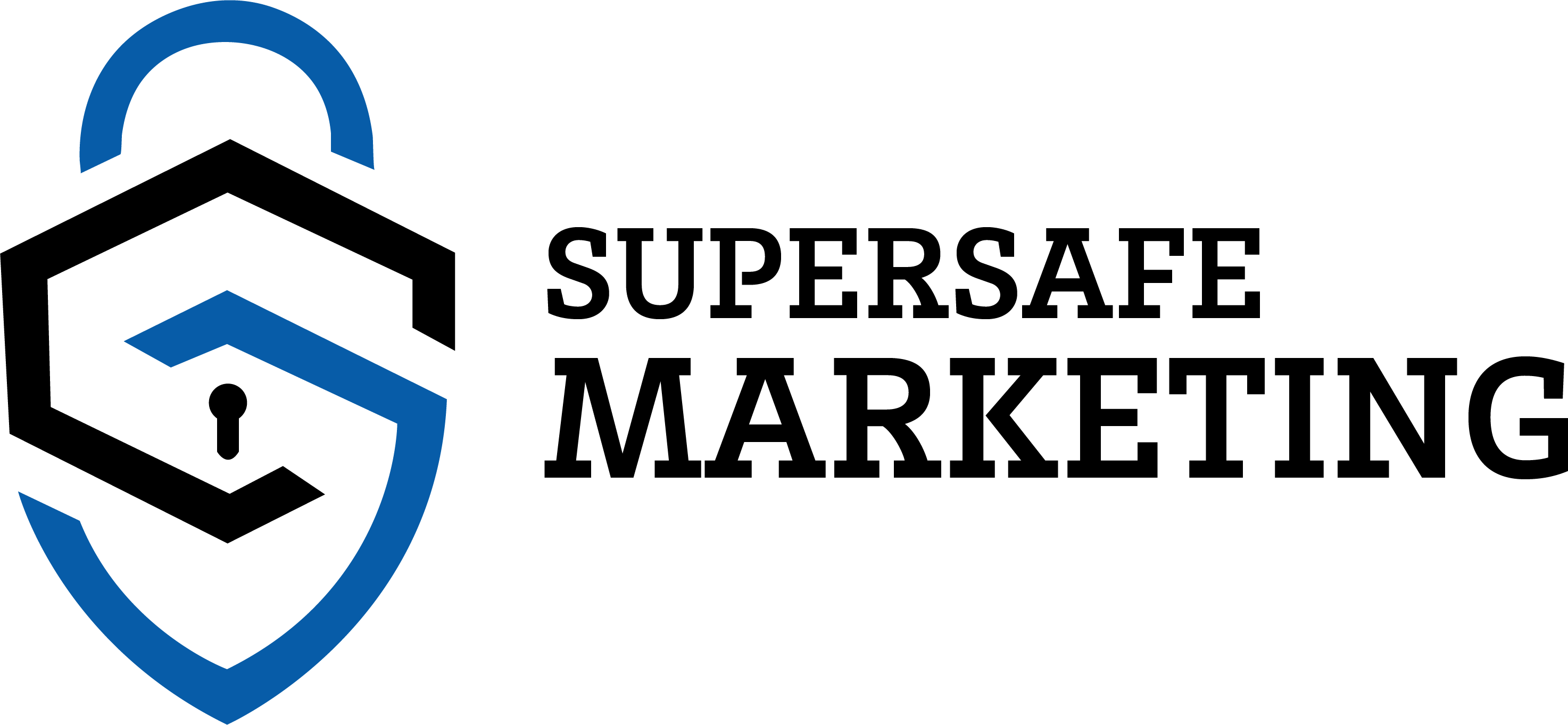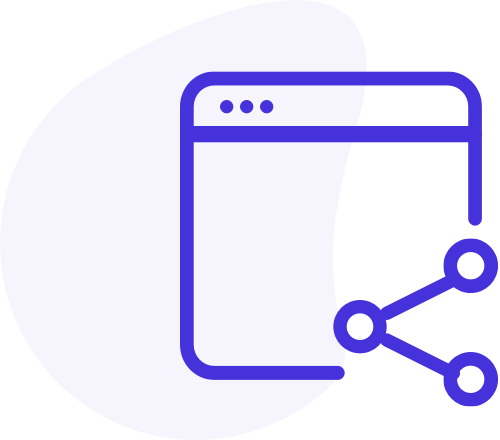Traditional to modern recruitment
Traditional vs. Modern Recruitment Approaches
Recruitment approaches have evolved significantly over time, transitioning from traditional methods to more modern and strategic approaches. Let’s explore the key differences between traditional and modern recruitment approaches:
Traditional Recruitment:
- Reactive Approach: Traditional recruitment methods often involve a reactive approach, where organizations only start the hiring process when a job opening arises.
- Limited Reach: Traditional methods, such as newspaper ads or job boards, have a limited reach and rely on candidates actively searching for job opportunities.
- Manual Screening: Manual screening of resumes and applications is common in traditional recruitment, consuming valuable time and resources.
- Transactional Communication: Communication between employers and candidates is typically transactional and focused on the application process.
Modern Recruitment:
- Proactive Approach: Modern recruitment takes a proactive approach, building and maintaining talent pipelines even before specific job openings are available.
- Expanded Reach: Modern recruitment utilizes digital platforms, social media, and online job portals to reach a wider pool of potential candidates.
- Automated Screening: Modern recruitment leverages technology, such as applicant tracking systems and AI-powered tools, to automate resume screening and candidate evaluation.
- Candidate-Centric Communication: Modern recruitment emphasizes personalized and candidate-centric communication, fostering engagement and building relationships.
- Employer Branding: Modern recruitment recognizes the importance of employer branding and focuses on showcasing the organization’s values, culture, and employee experiences.
Addressing shortcomings
Modern recruitment approaches, such as recruitment marketing, are designed to address the shortcomings of traditional methods and align with the changing expectations of job seekers. By adopting a more proactive, technology-driven, and candidate-centric approach, organizations can attract, engage, and hire top talent more effectively.






